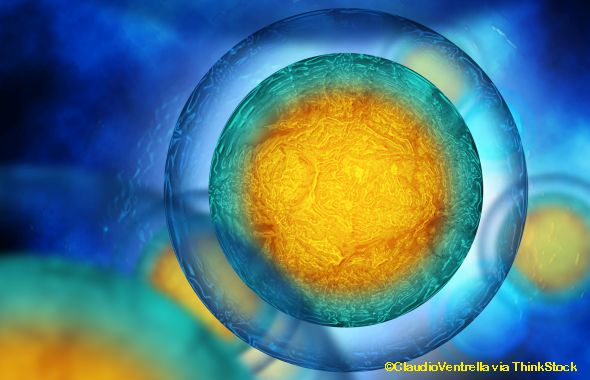FULL REPORT AVAILABLE: The Ethics of Early Embryo Research & the Future of the 14-Day Rule

Couldn’t join us for the event?
Description
For over 35 years, the “14-Day Rule,” prohibiting in vitro experimentation on embryos beyond 14 days, stood as an ethical line in the sand for embryo research around the world. Throughout the arc of the rule’s existence it had not been questioned, as scientists had been unable to grow embryos in vitro either up to, or beyond, 14 days; a practical limitation that served as a backstop to the ethical rule. However, in May 2016, labs in the U.S. and the U.K. were the first to report being able to sustain human embryos in vitro for up to 13 days. This development and other advances in in vitro research involving organized, embryo-like cellular structures raised a number of questions about the rule, its genesis, application, and future scope. This conference convened experts in bioethics, stem cell research, embryology, and law to discuss the ethical underpinnings and future scope of the rule. Questions discussed included:
Agenda
Check out speakers’ slide presentations below!
3:00pm, Introduction
3:05 – 3:45pm, Historical and Ethical Underpinnings of the 14-Day Rule in the U. S. and the U. K.
3:45 – 4:45pm, Advances in Human Developmental Biology In Vitro
4:45 – 5:05pm, Break
5:05 – 6:30pm, Panel Discussion: Future Scope of the 14-Day Rule
This event was free and open to the public.
Learn More
Report
- Read the full report based on this event! “Ethical Issues Related to the Creation of Synthetic Human Embryos”
Publications
- John Aach, Jeantine Lunshof, Eswar Iyer, George M. Church, “Addressing the ethical issues raised by synthetic human entities with embryo-like features,” eLife (March 21, 2017).
Slides
This event was sponsored by the Harvard University Office of the Vice Provost for Research, the Edmond J. Safra Center for Ethics at Harvard University, and the Petrie-Flom Center for Health Law Policy, Biotechnology, and Bioethics at Harvard Law School, and the Harvard Stem Cell Institute, with support from the International Society for Stem Cell Research and the Center for Bioethics at Harvard Medical School.